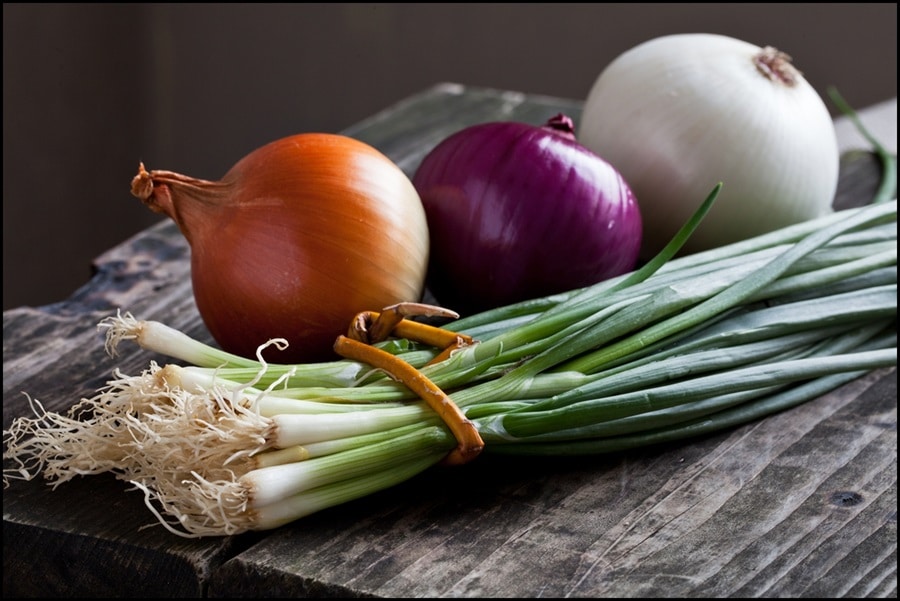Are you trying to figure out how to reduce the amount of food waste in your home? Whether you’re concerned about the environmental impacts or are looking for ways to save money and have more meals at home, reducing food waste is becoming increasingly important. The good news is that everyone can take several easy and practical steps toward reducing their contribution to food waste. This article will explore some of the best strategies – from meal planning to smart grocery shopping – while offering tips on storing food safely!
Contents
Food Waste And Our Planet
It’s estimated that one-third of all food produced globally is lost or wasted annually. While this may seem minor, it can have huge environmental repercussions over time. Food waste contributes to wasteful water use, wastes valuable resources, and contributes to more atmospheric emissions, leading to climate change, increasing CO2 emissions, and other air pollutants. Not only does this damage our environment and contribute to global warming, but it also puts a strain on our planet’s already limited resources. Additionally, when food goes to waste instead of nourishing people, it directly affects hunger levels in communities that desperately need food security.
The positive news is that people can help prevent food waste by making small changes in how they consume, shop for, and prepare their food. By using what you buy and being mindful of the impact on your environment, you can ensure that no food goes to waste and create a healthier planet for the future.
Adopt A Healthier Diet

The best way to reduce food waste is to adopt a healthier diet. Eating healthier foods in the right quantities means knowing exactly how much food we need and reducing wastage. The key to this is eating a balanced diet, focusing on nutrient-dense whole foods, like organic fruits and vegetables, for optimum health. Meal prepping can be incredibly helpful in controlling the amount of food we eat and reducing our food costs significantly over time.
Taking care of what we put into our bodies is just as important as taking care of the environment. Additionally, there are online sources that can help you cut down your grocery bills by helping you compare prices across stores. Investing in monthly meal plans or nutrition programs is also great when transitioning to a healthier, waste-free diet. Together, they form an everlasting bond, one which essentially relies on nourishment as much as sustainability.
Understand Food Labeling

Embracing the challenge of reducing food waste is an important goal we can all strive towards. One of the best ways to do this is to understand how food labeling works. Learning how to read expiration dates, such as “sell by,” “Use by,” or “Best Before,” will help you know when your food items should be used so that you don’t throw them out prematurely. Not only will this save you money, but it will also keep edible food from going into the landfill, which is a win for your wallet and the environment.
Beyond just understanding expiration labels, getting familiar with what constitutes spoilage in your food items can also help save time, energy, and resources. After a little practice, identifying and consuming perishables near their expiration date will become second nature!
Store Food Properly

One of the best ways to reduce food waste is to store it properly. Doing this means understanding the ideal conditions for storing certain types of food and ensuring that these conditions are met. This means putting fruits and vegetables into separate bins in the refrigerator, not leaving foods in their original packages that can be exposed to too much air and moisture, or regularly wiping down shelves where stored foods may have gathered dust.
Doing so will help ensure optimal freshness and extend shelf life. With everyone adhering to proper food storage practices, from households to commercial kitchens, we can reduce how often food is thrown out due to spoilage, which will help limit the amount of waste entering our environment.
Utilize Leftovers

The power to prevent food waste starts at home. Carefully considering what goes into the grocery cart, adequately portioning meals, and having plans for leftovers can take a major bite out of throwing food away. Utilizing leftovers has several advantages; it saves time and money, reduces spoilage, and can even be delicious if recipes are reimagined. With the proper knowledge and creativity, cooking with leftovers can become an enjoyable activity that has both healthful and financial benefits.
Research suggests that households who cook with their leftovers reduce roughly half of their usual food waste. So make the smart decision and reduce your carbon emissions and grocery bill by cooking up delicious creations from what is already in the fridge!
Utilize Your Freezer

Taking steps to reduce the amount of food waste we generate can have tremendous environmental benefits. One of the best ways to decrease food waste is by utilizing your freezer creatively and creatively. Investing in extra freezer bags and containers allows you to store things once they’re opened, so nothing goes to waste.
Utilizing your freezer is an effective way to ensure that all the food you’ve purchased won’t go bad before enjoying it. Cooking larger batches of food, such as soup or stew, can be divided into smaller portions for easy freezing and reheating later when you need a delicious homemade meal fast. You can also freeze fresh herbs during winter when garden-grown varieties aren’t available.
Compost Your Scraps

Reducing food waste is an essential part of living more sustainably. One of the best ways to reduce food waste at home is to compost your scraps. Composting is the process of taking organic material such as vegetable and fruit peels, eggshells, and coffee grounds and transforming them into nutrient-rich soil over time.
When done correctly, composting can be a beneficial and cost-effective tool for reducing food waste — so let’s turn those scraps into something useful! Composting is a great way to use those minor “scrap” pieces from meals. It also supports healthier growing conditions for plants and yards alike by replenishing nutrients in the soil that result from plant growth and other lawn maintenance remedies.
Limit Your Food Waste With These Tips!
Start reducing food waste. You can do many things to limit food waste in your home, from storing foods properly to utilizing leftovers and using your freezer creatively. Other tips include composting scraps and using the nutrient-rich soil that results. Implementing these simple strategies can reduce your carbon emissions, save time and money, and help protect our environment from harmful food waste.


